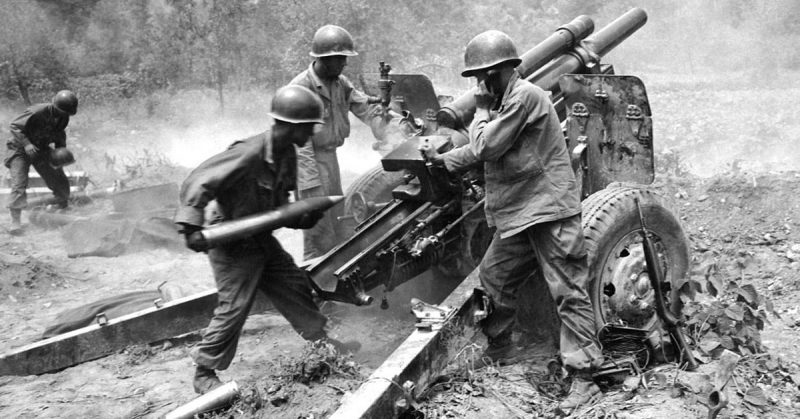The Department of Defense POW/MIA Accounting Agency (DPAA) recently announced that the remains of serviceman Cpl. Luis P. Torres, killed during the Korean War, have been identified. The remains were returned to his family for burial. The funeral was conducted with full military honors.
Torres, 20, of Eagle Pass Texas, was buried on January 13th in San Antonio. On Sept. 1, 1950, Torres, a member of Company C, 1st Battalion, 23rd Infantry Regiment, 2nd Infantry Division, was reported missing in action near Changyong, South Korea. His battalion’s position was overrun by enemy forces along the east bank of the Naktong River.
Torres’ name was not on any prisoner of war list, but one returning American prisoner of war reported that he believed Torres was executed while held captive by the enemy. Due to the continuous lack of evidence, the U.S. Army declared him deceased as of March 3, 1954.
The U.S. Army Graves Registration Service had planned to recover American remains which still lay north of the Korean Demilitarized Zone after the end of the war. Unfortunately, administrative details between North Korea and the United Nations Command complicated recovery efforts.
Under the terms of an agreement, in September and October 1954, in what was known as ‘Operation Glory,’ remains were returned. However, Torres’ remains were not present, and he was declared non-recoverable.
On December 20, 1950, a set of unidentified remains, previously recovered near Changnyong in a shallow grave, were interred in the Miryang United Nations Military Cemetery as ‘Unknown X-331.’ In February 1951, the remains were transferred to the Tanggok United Nations Military Cemetery.
Torres was considered a candidate for identification. However, the remains were not identified because there was a shortage of verifiable evidence. The remains were then transported to the National Memorial Cemetery of the Pacific in Honolulu where they were buried as Unknown.
The remains were disinterred on May 16, 2016, and sent to the DPAA laboratory for analysis using anthropological, circumstantial and DNA evidence, which matched a sister, a nephew and a brother, Defense POW/MIA Accounting Agency reported.
Today, 7,764 American remains are unaccounted for from the Korean War. Identifications continue to be made from remains that were previously recovered by American teams or turned over by North Korean officials.
